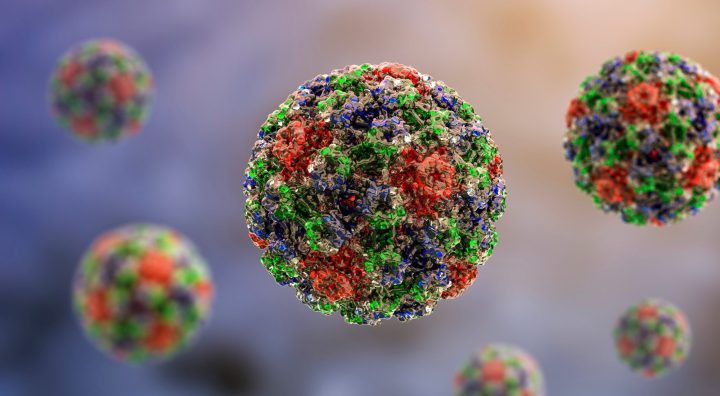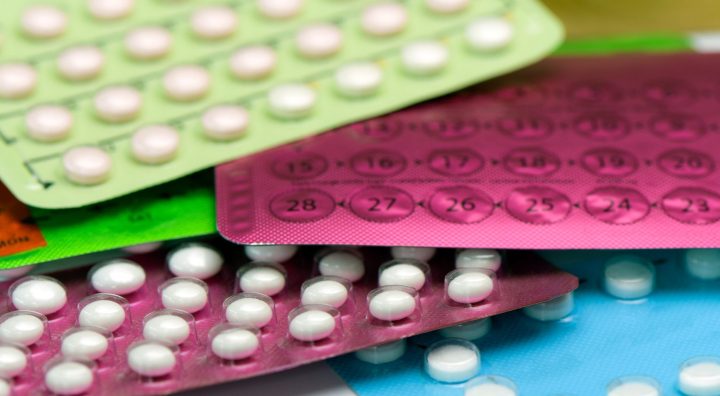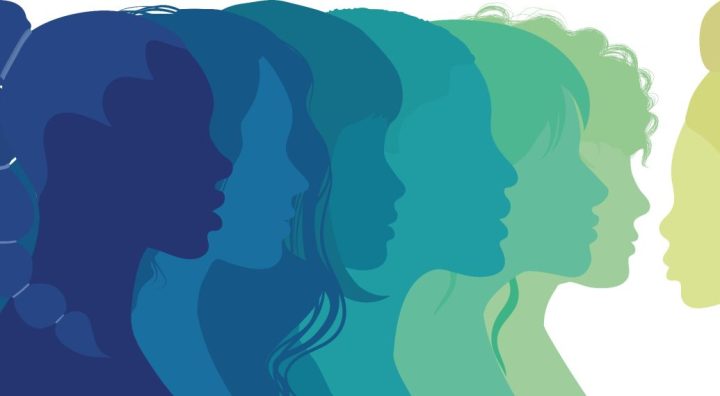Hysterical And Exaggerated: How Women’s Pain Is Viewed In Healthcare
Our experts explain their research and why they believe this bias exists.


Our experts explain their research and why they believe this bias exists.

How many procedures require an opioid prescription? The color of your skin could affect how well medications work. Can venom help save lives? Why some people are more likely to have daughters.

Why do black women develop more aggressive cancers? That’s a question that a new, 30-year-long study is setting out to answer – among other disparity concerns.

Dr. Sarah Hrdy, an anthropologist, reveals the biological evidence of involved fathers – even before humans existed – and the natural origins of fatherhood.

Dr. Sara Naseri has pioneered research on just how useful this fluid is at managing so many aspects of female health.

Dr. Jonathan Yahalom, a psychologist, explains how MST symptoms feed into the lack of research and what his own studies show on how to treat male survivors.

In honor of Women’s History Month this March, our expert tells the stories of a few female geniuses whose accomplishments deserve greater recognition.

Dr. Linda Eckert, an expert in cervical cancer prevention, believes the answer involves gender inequalities and sexual stigmas. She discusses these issues and offers life-saving prevention methods for women.

Nearly 90% of women who could become pregnant but don't want to use contraception – which may worsen a preexisting autoimmune disease.

Dr. James Hamblin explains how to tell if a persistent itch or bothersome joint pain has a simple fix or needs to be checked by a professional.

Experts discuss the dangerous reality of gender bias in health care.

Science is learning a thing or two from nature. A stressful day may look different depending on your gender. Everything we know about love may be wrong.
Subscribe to get the latest from Radio Health Journal directly in your inbox.

